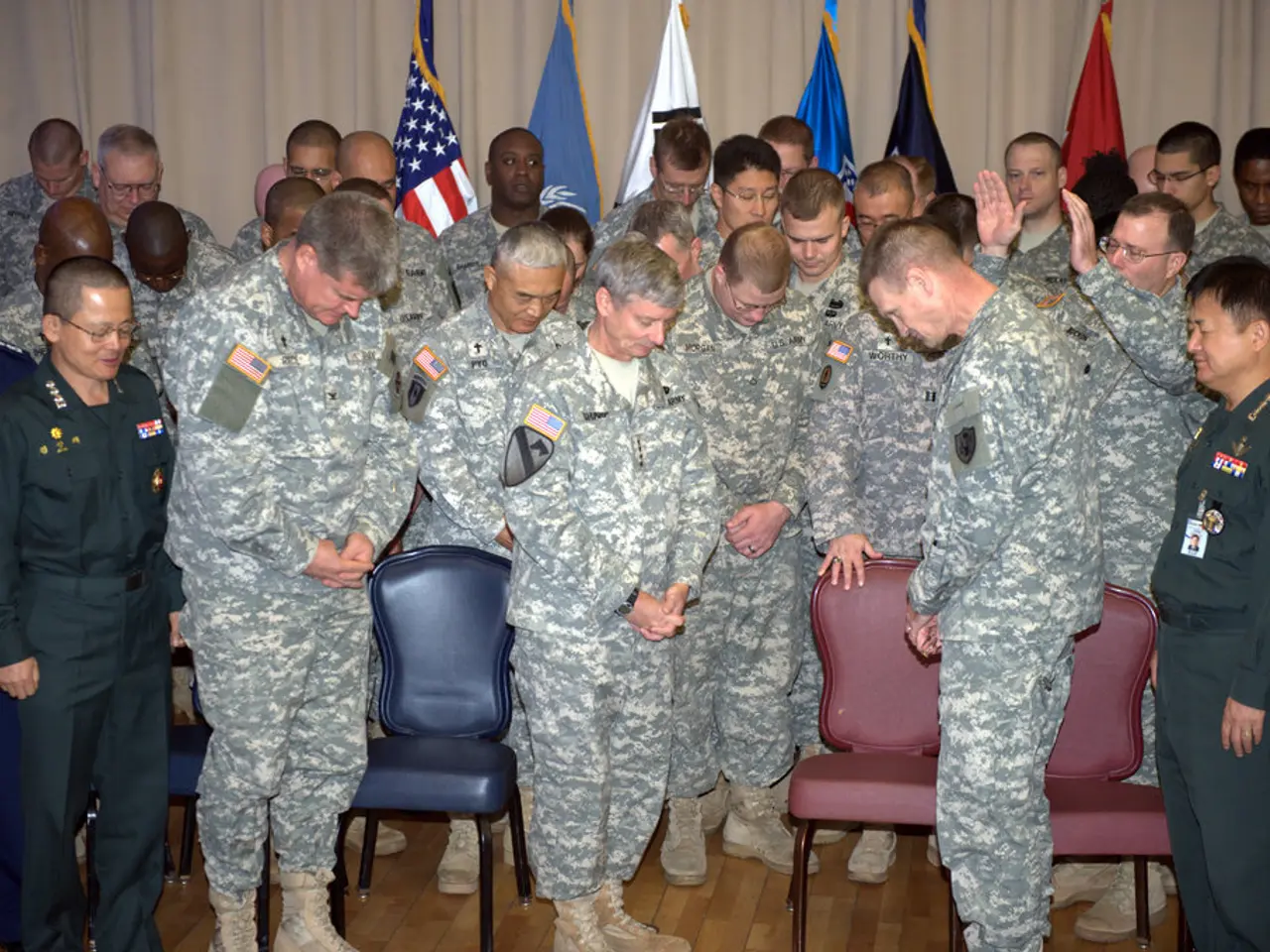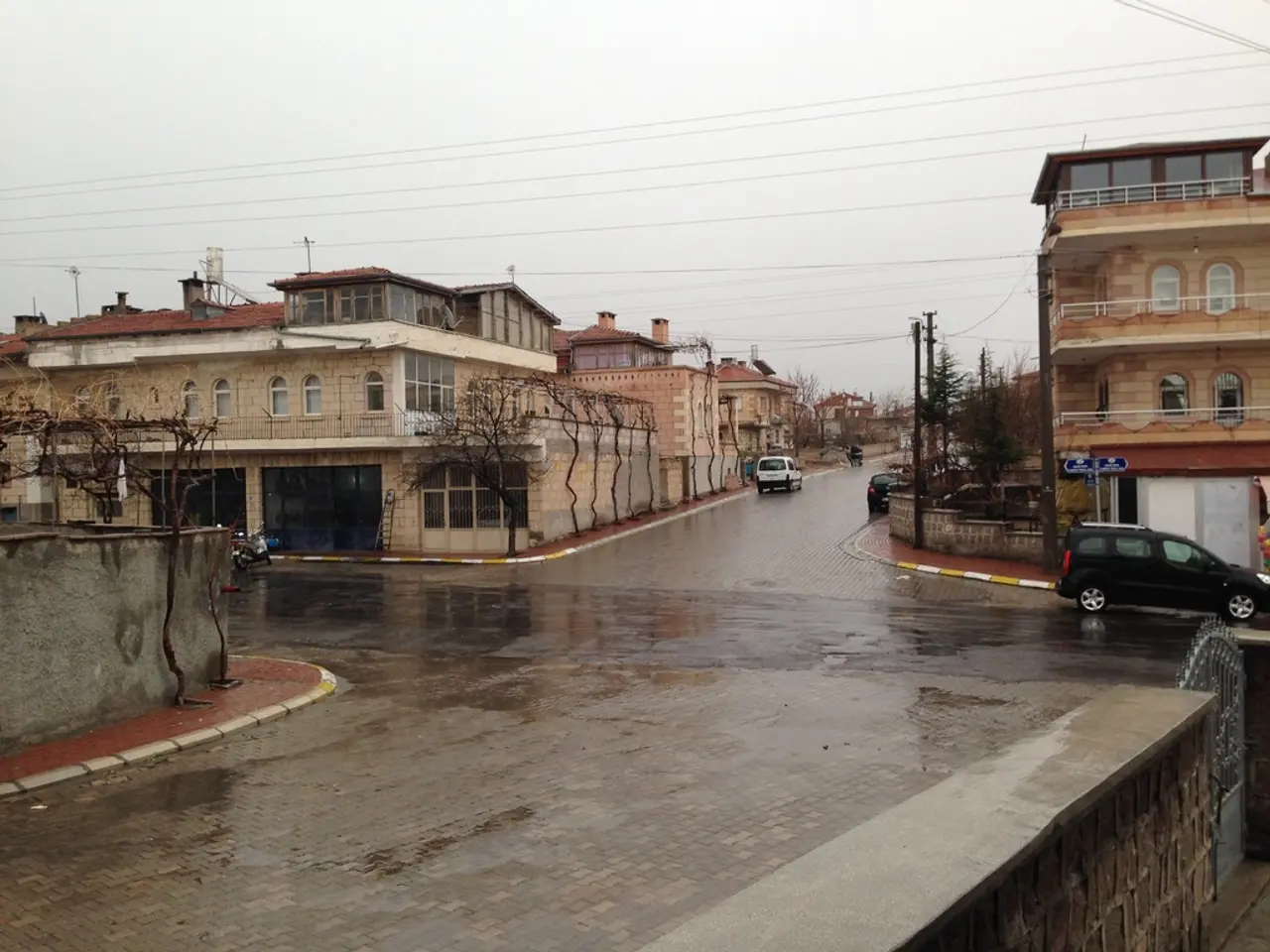Leaders from Italy, Turkey, and Libya gather to discuss the movement of migrants towards Europe.
In a bid to address the ongoing migration crisis in the Mediterranean, Turkish President Recep Tayyip Erdogan, Italian Prime Minister Giorgia Meloni, and Libya's Prime Minister Abdul-Hamid Dbeibah recently met in Istanbul for a summit. The meeting aimed to enhance cooperation and manage migration flows more effectively.
The summit focused on three key strategies:
- Enhanced Cooperation on Migration Control: Italy praised Turkey’s role in migration management, acknowledging the “excellent results” achieved through joint efforts to curb irregular migration. The leaders emphasized coordinated actions to prevent dangerous sea crossings, manage migration routes, and combat human trafficking, particularly along the Central Mediterranean route.
- Support for Libya’s Political Stability: Stabilizing Libya is seen as essential for managing migration flows effectively, given that Libya is a primary departure point for migrants heading to Europe. The summit underscored the importance of political support for Libya’s government, including cooperation on maritime interceptions and “pullbacks” of migrants at sea.
- Broader Mediterranean Cooperation Frameworks: The summit aligns with wider initiatives like the New Pact for the Mediterranean, which seeks to address shared challenges through integrated approaches including migration, security, and development. Climate action and economic cooperation are increasingly viewed as complementary pillars to stabilize the region and address root causes of migration.
Despite temporary reductions in irregular crossings, challenges remain, including emerging migration routes, ongoing migrant deaths at sea, and human rights issues in transit countries like Libya and Tunisia. Continued trilateral and EU collaboration is seen as crucial to improving the situation with a focus on sustainable, humane migration policies and regional stability.
The European Commission has proposed to increase Frontex staffing by 30,000, a move that could significantly boost the agency's mission to secure Europe's external borders. The surge in crossings from Libya to Europe, with 32,400 refugees and migrants making the crossing in 2021, more than twice as many as in 2020, underscores the need for increased efforts.
The leaders plan to reconvene to evaluate decisions taken, following lower-level technical meetings. The ongoing crisis is a testament to the need for sustained cooperation and commitment to finding long-term, sustainable solutions to address the root causes of migration and ensure a more secure and humane approach to managing this complex issue.
The meeting comes at a critical juncture, as Libya remains a major transit point for migrants fleeing war and poverty in Africa and the Middle East and hoping to reach Europe. The country plunged into chaos after the NATO-backed uprising that toppled and killed longtime dictator Muammar Gaddafi in 2011, leading to a split into rival administrations in the east and west, each backed by rogue militias and foreign governments.
Drowning incidents near Libya's coast are common, with at least 61 migrants drowning off the town of Zuwara in December 2021, and hundreds dying when a fishing trawler carrying migrants from Libya to Italy sank in waters off Greece in 2023. The leaders' commitment to addressing these tragedies and finding lasting solutions is crucial to ensuring a safer and more secure future for all those affected by this crisis.
In the wake of the summit, Italy reaffirmed its commitment to Libya's stability, unity, and independence, and its support for a Libyan-led, United Nations-facilitated political process leading to elections. The EU and Greece are also planning to press Libya on migrant crossings via the Mediterranean as numbers surge.
Turkey, which has been allied with the Tripoli-based government in the west, has recently taken steps to improve ties with the eastern-based government as well. The leaders' meeting in Istanbul marks a significant step towards regional cooperation and a collective effort to address the complex challenges posed by the Mediterranean migration crisis.
- The leaders' intent to reconvene highlights the ongoing need for collaboration, particularly in light of the fact that Libya remains a significant transit point for migrants fleeing conflict and poverty, and the urgent need for a Libyan-led, United Nations-facilitated political process.
- Despite the European Commission's proposal to increase Frontex staffing and Turkey's efforts to improve ties with the eastern-based Libyan government, challenges such as emerging migration routes, ongoing migrant deaths at sea, and human rights issues in transit countries like Libya and Tunisia require continuous political attention, and should be addressed within the context of broader Mediterranean cooperation frameworks.







